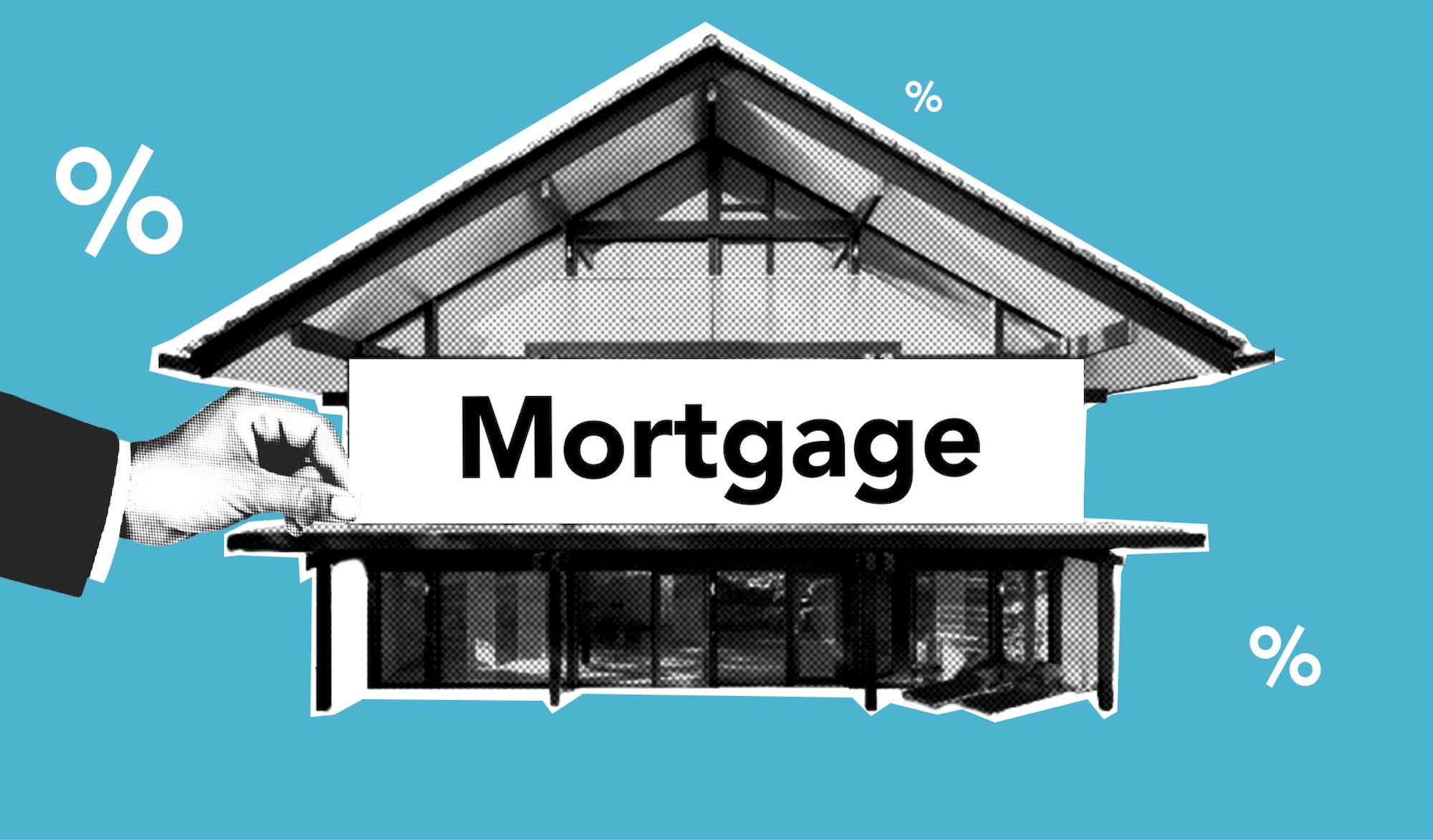A “remortgage nightmare” is facing more than three million people in the UK, Hargreaves Lansdown has warned.
Research by Hargreaves Lansdown, based on a survey of 2,000 UK adults, found that two in five people with a mortgage say their payments haven’t gone up since interest rates started rising – because so many people are on fixed rate deals.
One in five people said their monthly payments have already risen more than £200 in the past 18 months, while 16% of people are already struggling with their mortgage payments – rising to 21% of those aged 55 and over.
Almost half of those with a mortgage (48%) revealed that they would struggle if their monthly repayments rose by as little as £150.
“There’s a remortgage nightmare lying in wait for more than three million people,” said head of personal finance at Hargreaves Lansdown, Sarah Coles. “They’ve been shielded from the horror of rate hikes so far by a fixed mortgage, and when their deal runs out, they face the full force of the rises in one single hit.
“Anyone whose deal comes to an end in the coming year is set to see their monthly payments increase by an average of £192, but almost two thirds of people said this would cause them financial problems.”
After 12 consecutive base rate rises by the Bank of England (BoE), interest rates have risen from 0.1% in December to their current level of 4.5%.
According to figures from the Office for National Statistics (ONS), an estimated 1.3 million fixed deals are coming to an end in 2023, most of which were under 2%. Hargreaves Lansdown revealed that the average two-year fixed mortgage costs around 5.5%, and warned that if rates don’t fall back before people have to remortgage, it could “spell catastrophe for hundreds of thousands of people”.
“Those with large mortgages will see their payments increase the most,” Coles said. “This doesn’t just include those on higher incomes who bought more expensive properties; it will also bring real pain for younger people, who bought more recently when prices were higher.
“We can see this in the rises that have already hit those aged 18 to 34. One in four say their monthly repayment has gone up more than £200 (24%).
“Anyone who bought after the rate hikes of the late 1980s won’t have had to deal with rises at this kind of speed before, so there’s a risk they won’t have factored it into their plans at all.”
Coles added: “There is still a chance that the market is overreacting, and rates could fall back again. However, large reductions in mortgage costs may require expectations of a BoE cut – and at the moment, that’s not on the cards until 2024.
“Even then, they’re expected to come down far more slowly than they increased, so it could take quite some time for mortgage costs to drift significantly lower.”
Latest News
-
Residential property transactions fall 24% month-on-month
-
Later life lending loans jump 5.1% in Q4 2025
-
Mortgage Awards 2026: Winners announced
-
FCA outlines proposals to close gaps in borrowers’ credit files
-
St. James’s Place closes 2025 with record FuM
-
Average LTV on UK mortgaged home drops to 59% – IMLA
Mortgage Advice Bureau and AI in the mortgage sector
Chief executive officer at Mortgage Advice Bureau, Peter Brodnicki, and founder and managing director at Heron Financial, Matt Coulson, joined content editor Dan McGrath to discuss how Mortgage Advice Bureau is using artificial intelligence to make advancements in the mortgage industry, the limitations of this technology and what 2026 will hold for the market
Perenna and the long-term fixed mortgage market

Content editor, Dan McGrath, spoke to head of product, proposition and distribution at Perenna, John Davison, to explore the long-term fixed mortgage market, the role that Perenna plays in this sector and the impact of the recent Autumn Budget
NEW BUILD IN FOCUS - NEW EPISODE OF THE MORTGAGE INSIDER PODCAST, OUT NOW

Figures from the National House-Building Council saw Q1 2025 register a 36% increase in new homes built across the UK compared with the same period last year, representing a striking development for the first-time buyer market. But with the higher cost of building, ongoing planning challenges and new and changing regulations, how sustainable is this growth? And what does it mean for brokers?
Does the North-South divide still exist in the UK housing market?

What do the most expensive parts of the country reveal about shifting demand? And why is the Manchester housing market now outperforming many southern counterparts?
In this episode of the Barclays Mortgage Insider Podcast, host Phil Spencer is joined by Lucian Cook, Head of Research at Savills, and Ross Jones, founder of Home Financial and Evolve Commercial Finance, to explore how regional trends are redefining the UK housing, mortgage and buy-to-let markets.
In this episode of the Barclays Mortgage Insider Podcast, host Phil Spencer is joined by Lucian Cook, Head of Research at Savills, and Ross Jones, founder of Home Financial and Evolve Commercial Finance, to explore how regional trends are redefining the UK housing, mortgage and buy-to-let markets.
© 2019 Perspective Publishing Privacy & Cookies











Recent Stories